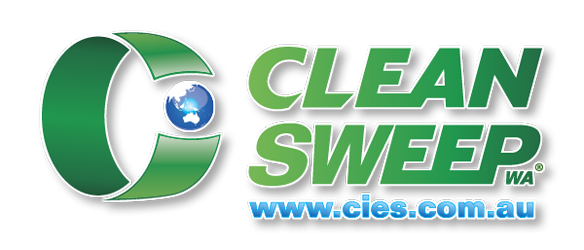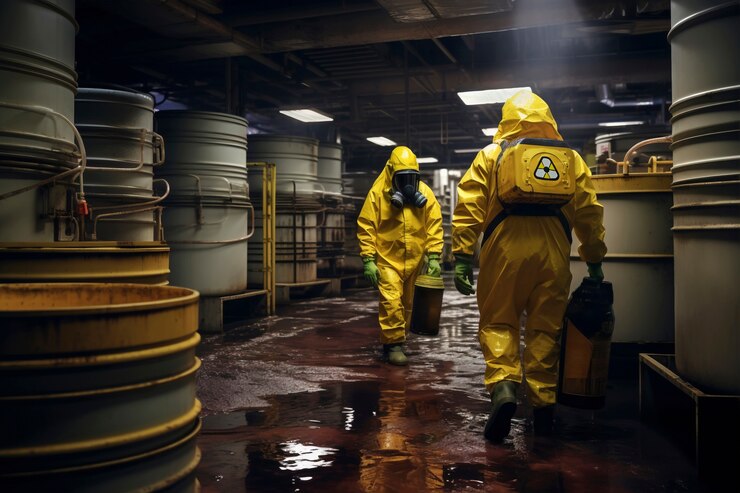Emergency spills and the subsequent cleanup can pose significant challenges for businesses and communities alike. In this comprehensive guide, we will outline the proper response procedures and the essential role that professional cleanup services play in mitigating environmental and health risks associated with spills. As a leading provider of expert cleanup services in Perth and Western Australia, our team is well-versed in handling a variety of situations, with a strong focus on safety, compliance, and customer satisfaction.
Accidents and unforeseen incidents can lead to hazardous material spills, potentially causing harm to local ecosystems, public health, and the reputation of your business or community. An efficient and timely response is critical to minimising the impact of spills and ensuring that the affected area is cleaned up and restored to its pre-spill state. In the following sections, we will discuss the types of spills, response protocols, and the importance of partnering with a professional cleanup service for seamless and effective remediation.
Environmental spills can be complex and vary widely in terms of scale, containment, and exclusion measures. Understanding the nature of the spilled material, as well as the appropriate response procedures, is crucial to mitigating the risk of long-term contamination or damage. A swift and well-coordinated response can help protect not only the environment but also the health and safety of those in the vicinity of the spill.
By working closely with our expert cleanup team, businesses and communities can be better prepared to tackle emergency spills and cleanup operations. Our highly trained professionals are equipped with cutting-edge tools and industry knowledge, ensuring that your spill response and cleanup efforts are carried out efficiently, safely, and in compliance with all applicable regulations. Stay tuned as we provide a detailed overview of emergency spill management and the crucial role that professional cleanup services play in safeguarding Perth and Western Australia’s environment and communities.
Understanding Emergency Spills: Types and Risks
Emergency spills can involve different types of materials, each posing unique risks and requiring specific remediation strategies. This section outlines some common spill scenarios and the associated hazards.
1. Oil and Fuel Spills
Oil or fuel spills can occur from various sources, such as leakages from vehicles, heavy machinery, and storage tanks. These spills present significant risks to the local environment and waterways, potentially causing harm to aquatic life and posing a fire hazard.
2. Chemical Spills
Chemical spills can range from hazardous substances, such as acids or solvents, to non-hazardous materials like cleaning agents. They can have severe effects on human health, safety, and the environment, depending on the nature and concentration of the chemical involved.
3. Sewage and Wastewater Spills
Sewage and wastewater spills can result from leaks, blockages, or system failures in wastewater treatment plants, storage tanks, or sewer lines. These spills pose significant health risks due to the contamination of water supply, soil, and local ecosystems by harmful pathogens or pollutants.
Immediate Spill Response Procedures: A Step-by-Step Guide
An efficient and timely response is paramount in mitigating the impact of emergency spills. In this section, we outline a step-by-step guide to help you respond effectively to spill incidents.
1. Assess the Situation and Ensure Safety
Quickly assess the spill and its potential hazards. Secure the affected area, alert nearby personnel, and implement evacuation or lockdown procedures if necessary. Ensure everyone’s safety by wearing appropriate personal protective equipment (PPE) and adhering to established safety protocols.
2. Identify and Contain the Spill
Determine the type of spilled material and consult the relevant safety data sheets (SDS) for further guidance on containment, cleanup, and disposal procedures. Implement containment measures, such as using absorbent materials, drain blockers, or spill barriers, to prevent the spill from spreading or entering waterways and drainage systems.
3. Notify Relevant Authorities and Stakeholders
Inform your immediate supervisor, the environmental manager, or the appropriate regulatory authorities about the spill. Provide detailed information regarding the nature, location, and extent of the spill, as well as any actions taken thus far.
4. Initiate Cleanup and Remediation Efforts
Following the guidelines in the safety data sheets (SDS) and regulatory requirements, proceed with the cleanup and remediation process. This may involve using specialised equipment, absorbents, or neutralising agents to remove the spilled material, followed by proper decontamination and disposal procedures.
The Role of Professional Cleanup Services
Engaging a professional cleanup service to handle spills is essential for ensuring effective and compliant remediation. In this section, we discuss the benefits and significance of partnering with an expert cleanup service provider.
1. Expertise and Experience
Professional cleanup services possess the requisite knowledge, skills, and experience to manage emergency spills safely and effectively, ensuring compliance with industry regulations and minimising environmental impact.
2. Trained Personnel and Advanced Equipment
Expert cleanup teams are well-equipped with trained personnel, specialised tools, and advanced equipment, allowing them to perform efficient and comprehensive spill cleanup and remediation.
3. Timely Response and Support
Prompt response and support from professional cleanup services can significantly mitigate the adverse effects of spills on the environment, public health, and your business operations. This timely intervention minimises disruption and helps restore normalcy quicker.
4. Compliance and Documentation
A professional cleanup service will ensure that all remediation efforts adhere to regulatory requirements and industry standards. Additionally, they will provide thorough documentation of the incident and their response, supporting your company’s compliance efforts.
Conclusion
Emergency spills and subsequent cleanup procedures are significant concerns for businesses and communities in Perth, Western Australia. Understanding the nature of spills, implementing an effective response, and leveraging professional cleanup services are key to mitigating environmental and health risks while maintaining compliance with industry regulations. By partnering with our expert team at Cleansweep WA Pty Ltd, you can ensure an efficient and timely response to any emergency spill, safeguarding the environment, public health, and the reputation of your business or community. Let us be your trusted partner in upholding the highest safety and environmental standards with our emergency spills and cleanup services.

